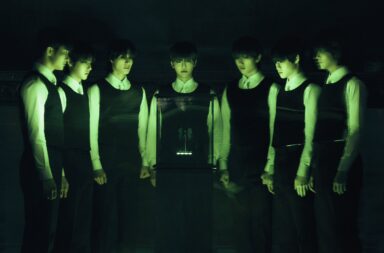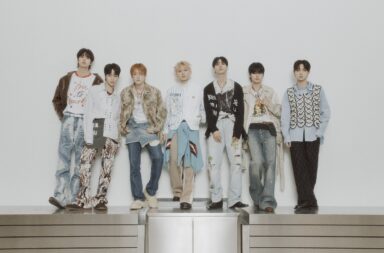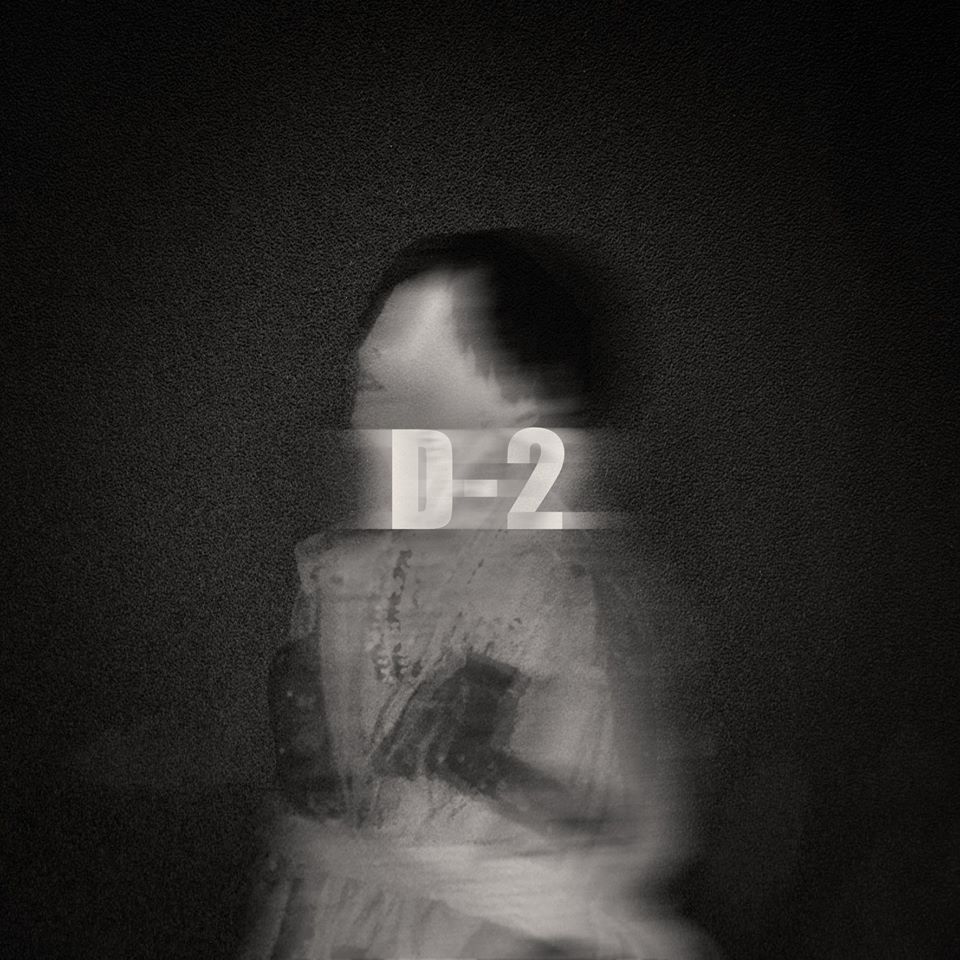
“It’s more that I made the music I wanted to make, rather than fixating on attempting something new. […] What’s good is good, and it’s up to the listeners to judge. I just do what I want to do.
That’s what Agust D — BTS’ Suga — had to say about D-2 and it indeed was the perfect way to describe his latest mixtape. D-2 is ten-track album that is unapologetically a mixtape by Suga for Suga. The mixtape brings the audience through Suga’s innermost fears, his pride, the hidden insecurities, and his multifaceted life underneath all the glamour.
There is no one genre tying the mixtape together, nor is there a single theme to the album. No, in fact, D-2 is almost like the compilation of random pages from Suga’s diary, and that’s where its charm lies. An elevated extension of 2016’s Agust D, D-2 explores the messiness of existence. Our realities are an amalgam of satisfaction, hurt, contentment, melancholy, and we’re often navigating ourselves through a mixture of co-existing but conflicting emotions. Lives are hardly clear-cut in black-and-white; they’re smudged shades of grey, and D-2 is a manifestation of that.
With tracks like “Daechwita” and “What Do You Think?”, Suga rides high on his pride and lets his confident, cocksure self run free: a rarity for the producer-idol-rapper.
A song heavily influenced by traditional Korean instruments, title track “Daechwita” features an infectious chorus of “Daechwita, Daechwita, hey, play it loud, Daechwita”. The way Suga shouts out the syllables in the beginning of the track sets a continual rhythm that is carried throughout the song as the instrumentation follows the same beat. As such, even when Suga switches up the flow of his rap, “Daechwita” doesn’t come off as rough or disjointed.
“Daechwita” is almost an extension of “Agust D“. However, where “Agust D” had tones of anger and of needing to prove oneself (“some say I got to where I am too easily, fuck you.”), “Daechwita” portrays Suga as a self-assured artist whose only competition is himself.
A talent show of petty little shits.
Honestly, I find it fucking ludicrous.
I kill you all, no courtesy.
You bastard, yeah, you, no exception.
Flexing, I don’t do it.
I don’t need it.

In the same verse, Suga engages in a four-line rhyme, which makes the entire verse all that more mesmerising to listen to, and leaves the message resonating in your head.
“What Do You Think?” follows the same pattern, starting out with an emphatic repetition of the phrase. As the starting verse (also the chorus) continues, the listener starts to question exactly what Suga is asking an opinion for, and what might we think about it. It’s then that Suga hits us with:
Whatever you think, I’m sorry, but I don’t fucking care at all.
Okay, then.
For all of that, as “What Do You Think?” continues on, one would realise that the track isn’t directed at fans or for the casual listener at all. In fact, it’s a ruggedly polished song that questions the workings of Korean music industry.

Specifically, it seems to take a jab at journalists that use the BTS brand for unnecessary issues. From constantly questioning if idol music is still legitimate music, to perpetually bringing up BTS’ military enlistments (and the issue of exemption), to generating fan-wars by blaming a group’s failure on BTS’ success, “What Do You Think?” is a sharp blow to those that work in the industry. In the clearest way possible, Suga establishes that he doesn’t “fucking care at all”.
The issue with this track, however, is that the song starts off by sampling one of Jim Jones’ sermon. Jones was a racist religious cult leader in the 70s, and encouraged his followers to commit mass suicides. A majority of his followers who were driven to death by drinking poison were black women and children. Was this a necessary choice, Suga?
D-2 is also a mixtape reflecting growth. Like bandmate RM’s latest mixtape, introspection is a key theme of this mixtape, though Suga seems to be less forgiving to the past him than RM.
“Burn It” contrasts MAX‘s stable vocals and unhurried vocals with Suga’s litany of his rap syllables. The song harshly declares Suga’s will in wanting to burn down his past self, with all his “weakness, hatred, loathing, and even rage”. The intensity he feels in wanting to burn down the past him is emphasised with the use of electric guitar during the chorus. Suga raps “the sound within it, yeah yeah yeah burn it, I want it.”, the phrase stressed upon with the use of clever instrumentation. The instrumental remains relatively calm throughout the song, only bringing on a grunge-like, jagged quality during the chorus.
This theme of introspection is relayed in other tracks as well but on a calmer note.
For example, in “Moonlight”, Suga questions his own life trajectory over a light rap and a chorus in which he sings. The instrumental of “Moonlight” would sound similar to Epik High‘s “Eternal Sunshine“, and it’s because Suga composed it as a sketch for Epik High’s song, eventually making it into a song of his own.
Suga’s only competition is himself, but his biggest challenge is him as well.
In my head, the reality fights with the ideal tirelessly.
My biggest enemy is the anger inside me,
the most dreadful battle with the laziness inside me.
Sometimes I resent god, asking why he made me live a life like this,
what I’m doing, and if I love music at all.
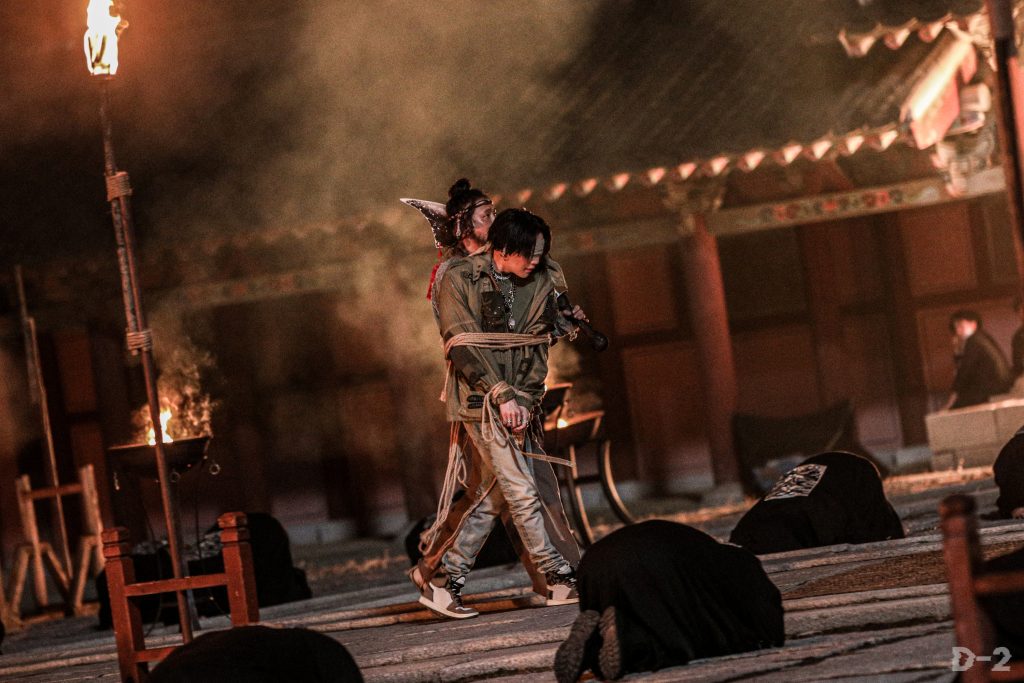
The first two verses of “Moonlight” don’t let up on the rhymes, setting up an engaging melody for its listeners. In fact, “Moonlight” is made more intriguing as the effortless energy of the instrumental and rap style is a clear juxtaposition to the difficult and serious tone the lyrics themselves take.
The self-scrutiny extends in “Maybe, I’m slowly becoming an adult (28)”. “28” kicks off softly, and remains relatively solemn throughout. Yet, the delivery of the rap and singing (which features NiiHWA), coupled with laid-back synths, snaps, and percussions, makes “28” one of the best songs off the mixtape.
The uncluttered and breezy quality of the vocals make “28” easy on the ears, and Suga’s and NiiHWA’s vocal harmony brings forth mellow verses that are just as easy to sing along with. As mellow and serene “28” comes off as the track brings with it an echo of despair and sorrow.
Perhaps, I’m gradually becoming an adult.
I can’t remember
What are the things that I had hoped for.
Now I’m scared,
Where did the fragments of my dreams go?
Suga is personal in “28”, but he delivers a message that many of us can relate to. He relays the despondency and melancholy that can come when one’s dreams start to lose the shimmery edge of beauty and grandeur. It’s not uncommon that as we inch closer to what we thought we wanted, it becomes blurrier instead. “28” is almost cathartic in the sense that it reminds its listeners that they’re not alone. If you’re lost realising you no longer want you wanted years ago, remember you’re not the only one who feels that way.

In “People”, as well, Suga scrapes away the layer of glamour and the persona of a celebrity to look at the person he is. Like “Trivia: Love“, “People” engages in a similar wordplay. Suga plays with the phonetic resemblance between the pronunciation of “people” (사람/ “saram“), a slang that means “to live” (살아 / “sara“), and “love” (사랑 / “sarang“). Contrary to the frustration and forlornness that aforementioned tracks mention, “People” shows an acceptance about the uncertainty of life.
With a combination of prominent synth percussions, gentle singing and relaxed rapping, “People” gives off a soothing energy. Through “People”, Suga accepts the ebb and flow of life, and more pointedly, how people change regardless of whatever that may happen. Every change is something that flows by. Everything that starts, ends.
People change — like you have.
Living a life in the world, there’s nothing that lasts forever.
Everything is just a happening that passes by.
“People” comforts with the way it acknowledges the ambiguity of people and lives. There is not much that is actually in our control, after all.
On a similar note, both “Interlude: Set Me Free” and “Honsool” exude the same zest of looking for freedom — not external freedom, but abandon from the internal shackles one has within themselves.

Listening to “Set Me Free” evokes a yearning for being unrestrained, and for a reckless discard of your responsibilities. The interlude is both lyrically and instrumentally sparse, but with the sparsity comes the imagery of open space. The low timbre of Suga’s voice, coupled with the sounds of nature and slow beats of synth and strings make you feel like you’re floating in a vast space, liberated and disconnected.
The idea of flying and being free is reiterated in “Honsool”. (“Now I’m feeling like I’m flying.”) The chorus and post-chorus are executed similarly to “Set Me Free”. The other verses, however, present a rough rap that has the same point as “People”, but through a different lens.
Oh yeah, money, fame, wealth,
trophies and stadiums:
sometimes I’d get scared of them,
and would want to run away, mm.
I thought I’d party every day when I became a superstar,
but the ideal is slapping reality in the back of its head.
Well, it doesn’t matter anyway,
tomorrow will come and go again.
Yes, life ebbs and flows, but unlike “People”, there is a hint of disappointment at how all of it just passes. His life feels overwhelming to him, but even then, all of it passes. This contradiction in feeling so differently about the same issue can be confusing, but it’s also an accurate depiction of how we can and usually do feel clashing emotions regarding some things.
Although Suga looks inwardly for most of the album, he also reflects on his outward relationships and scrutinises society through his own eyes.
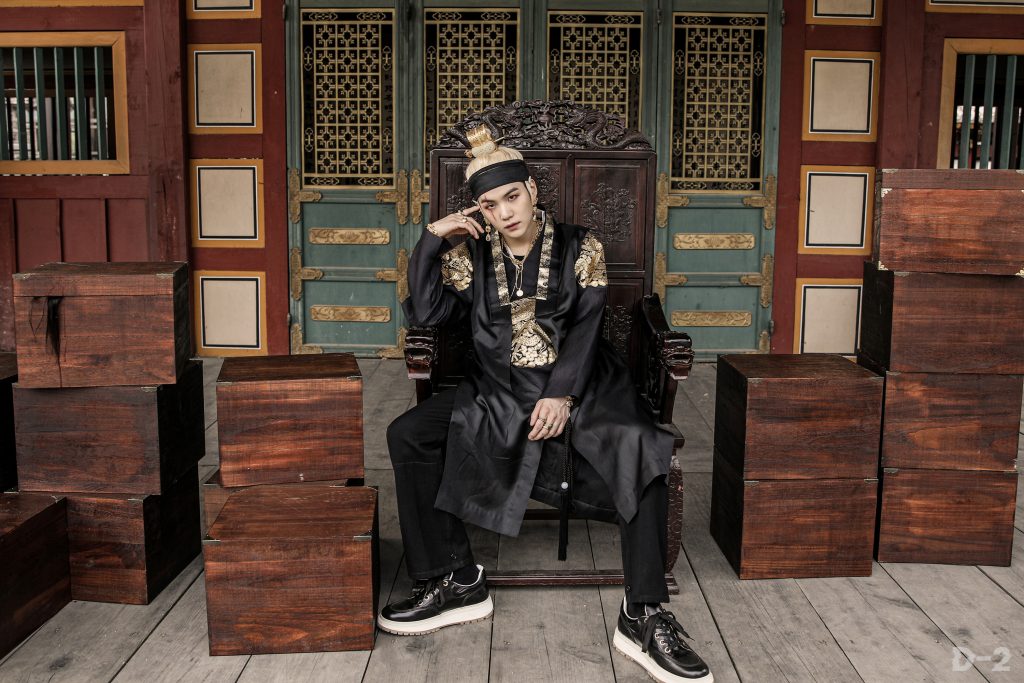
Featuring Kim Jongwan, “Dear My Friend” examines a complicated friendship between Suga and a friend he used to have. It’s an emotionally-charged track, narrating the story of two friends who had the same dreams, only for one to make wrong choices and end up in jail, and for the other (Suga) to shoot to fame.
Dear my friend, I’ll be honest with you, I still fucking hate you.
It’s raw in the way it bitterly depicts guilt at succeeding, at being unable to save a friend, and the convoluted feelings towards a person they care about and yet still resent. What makes “Dear My Friend” resonate is the details in the lyrics and the way Suga illustrates the hardships of his friend and himself. There’s a sense of overwhelming gloom as the mixtape ends off with this track.
For “Strange”, Suga teams up with RM to cleverly explore criticism of wealth, greed, war, capitalism, and society in general. Suga presents one side of the coin:
The one who isn’t sick in this sick world gets treated as a mutant, isn’t it strange?
The one who has his eyes open in a world that has its eyes closed, now they make him blind, isn’t it strange?
The one who wants peace, the one who wants a fight, they’re at each end of an ideology, isn’t it strange?
In the past, Suga would have left it at that. With D-2, though, he has grown and understands that there are multiple perspectives to one issue. Without diluting his own view, he gets RM to rap a contrasting view:
The one who isn’t sick in a world sick, treating them as a mutant isn’t strange to me.
The one who has his eyes open in the world that has its eyes closed — the fact that he has his eyes open is more strange to me.
The one who wants peace, the one who wants a fight, they’re like word games, they change as easily as flipping palms.
D-2 is all about the delicacy of contrasts and turmoil. “Strange” wittily brings a balance to intricate issues that don’t have one simple answer.
Suga, or Agust D, has come a long way in his production, rapping, and singing since his first mixtape four years ago. Not just that, he has also shown a lot of personal growth. Agust D was about coming to terms with his past and proving himself, but D-2 is about accepting his complex present and future, and being comfortable with himself. D-2 is all about the dualities: the glory of fame versus the ugliness of it, the freedom that comes with wealth versus the freedom that goes away with increased responsibility, the inescapability of change versus the distastefulness of it.

With D-2, Suga unashamedly put himself forward. He did not follow a specific genre to impress, he did not rap a certain way to impress. Instead, he channeled his emotions into D-2 for a cathartic release for himself. This did come at the cost of him using a problematic sample, though. The mixtape was about trying to figure himself out, and use it for his growth and for his music, but what does a Jim Jones sample say about his growth?
(YouTube [1][2]. Time. V Live. Twitter. Images via Big Hit Entertainment. Lyrics via doolsetbangtan)

